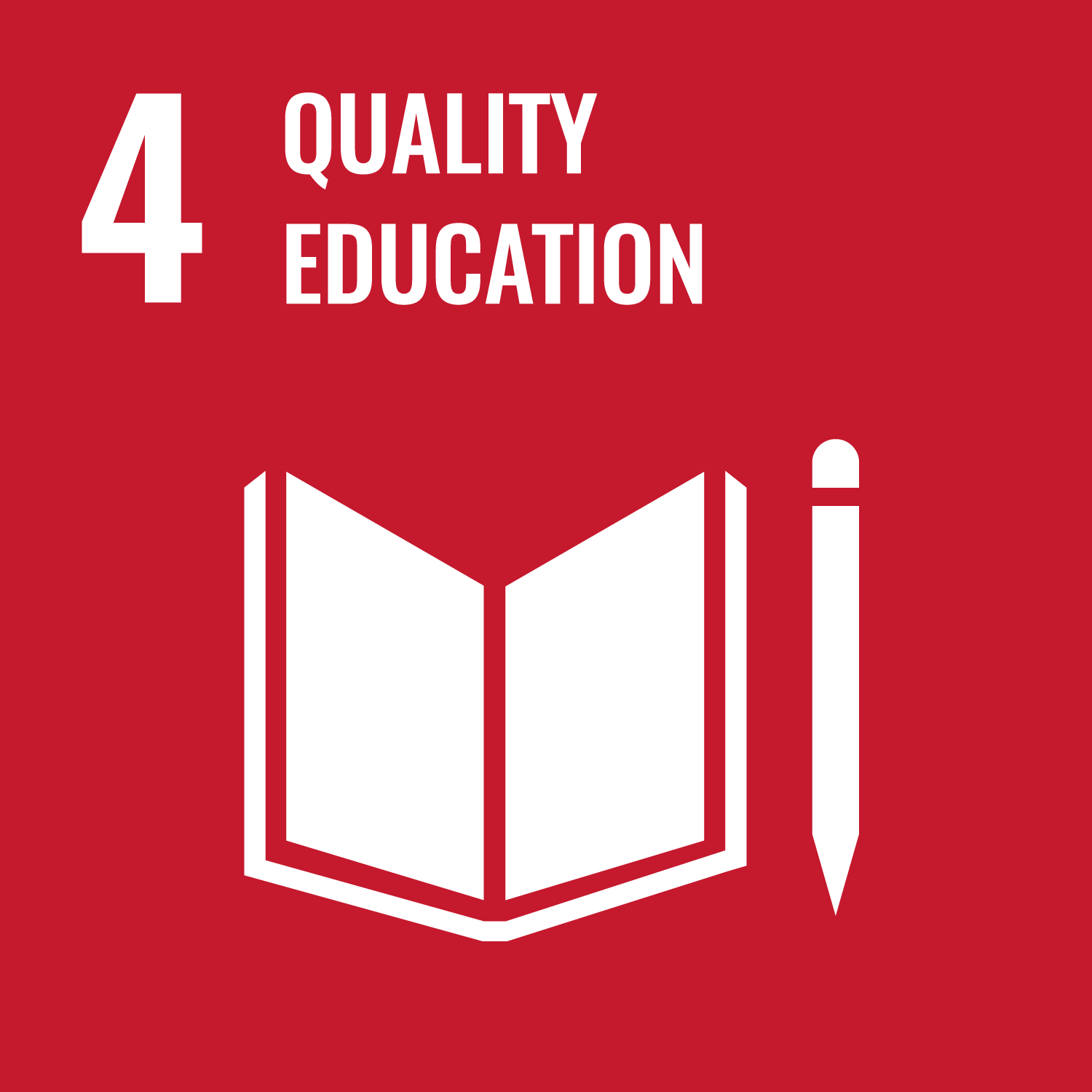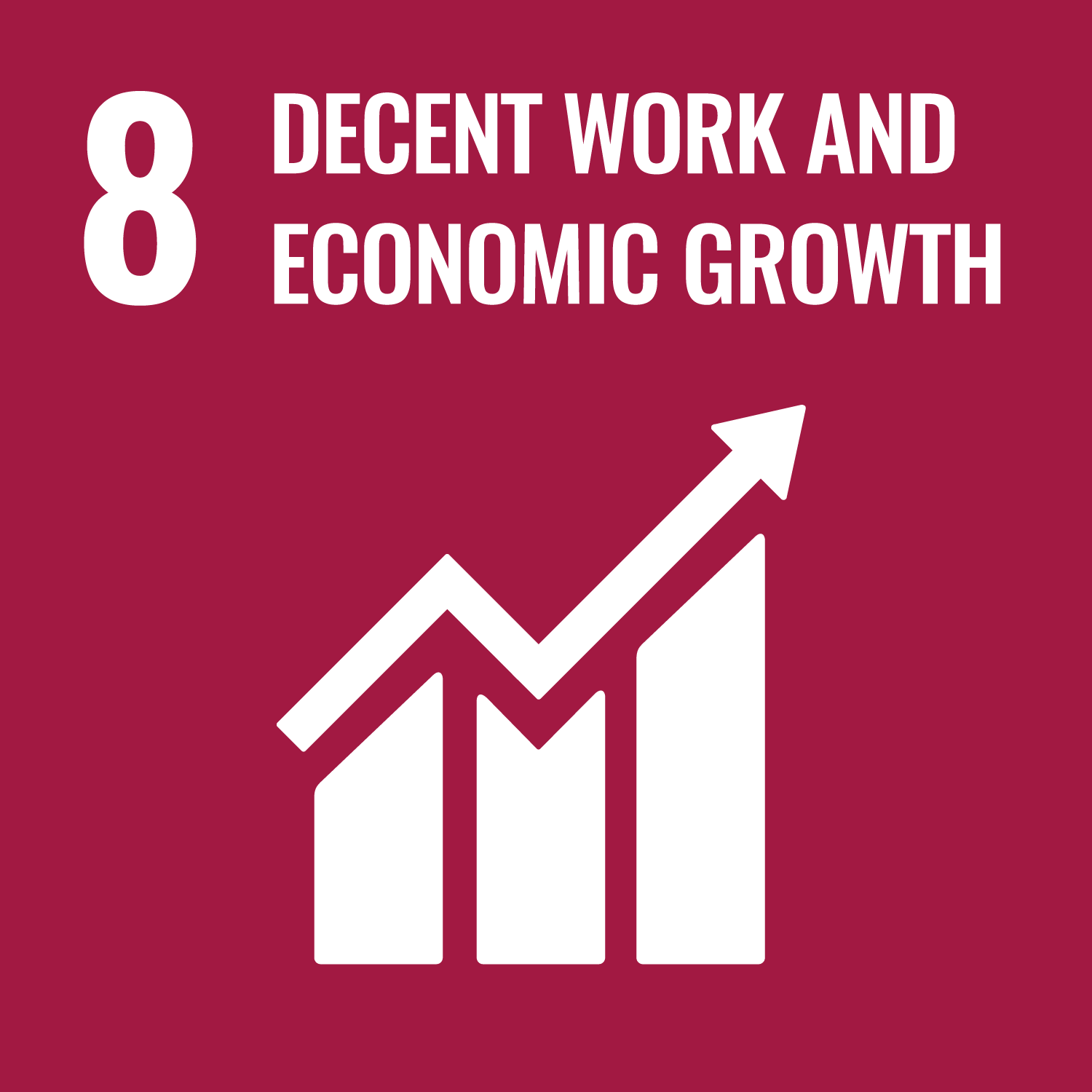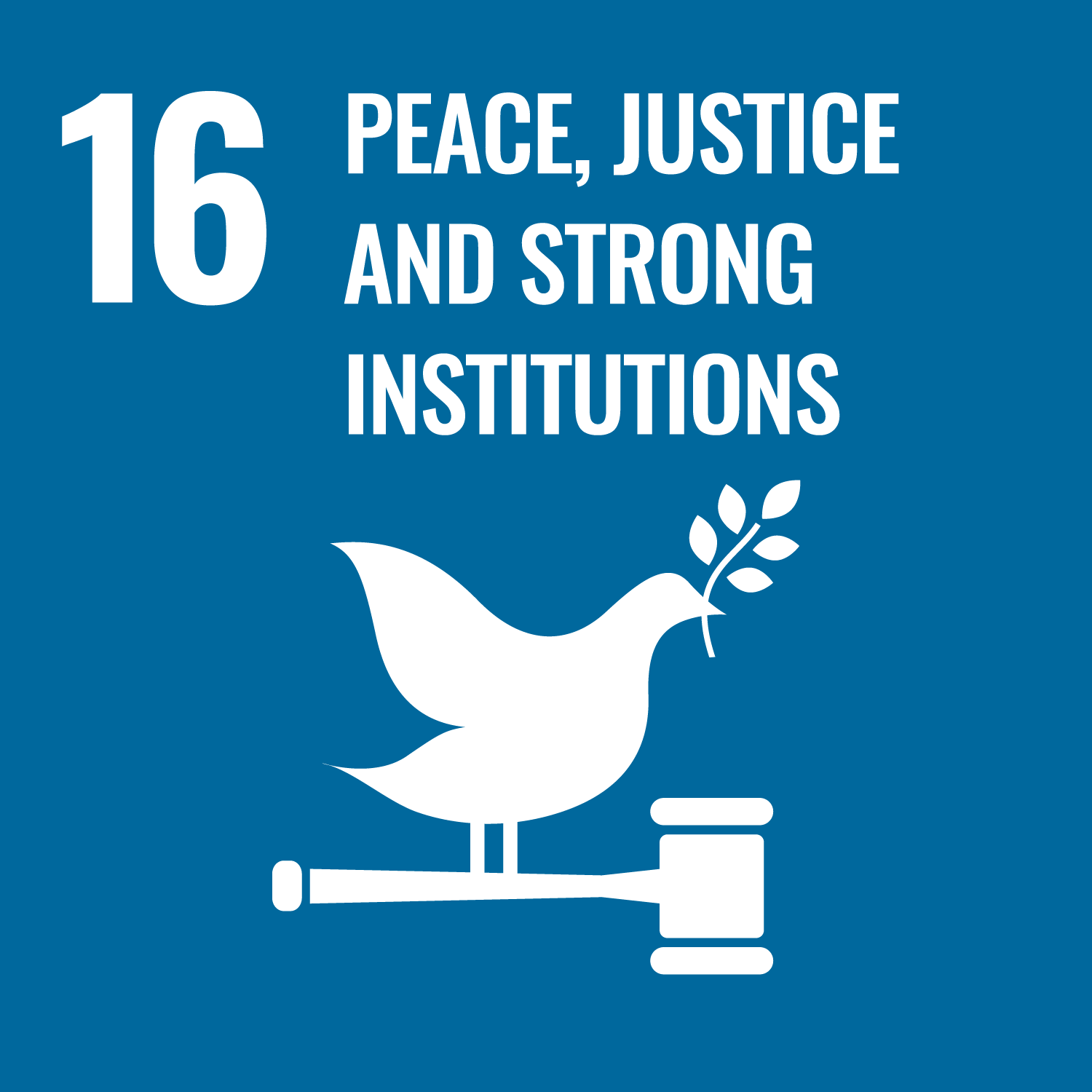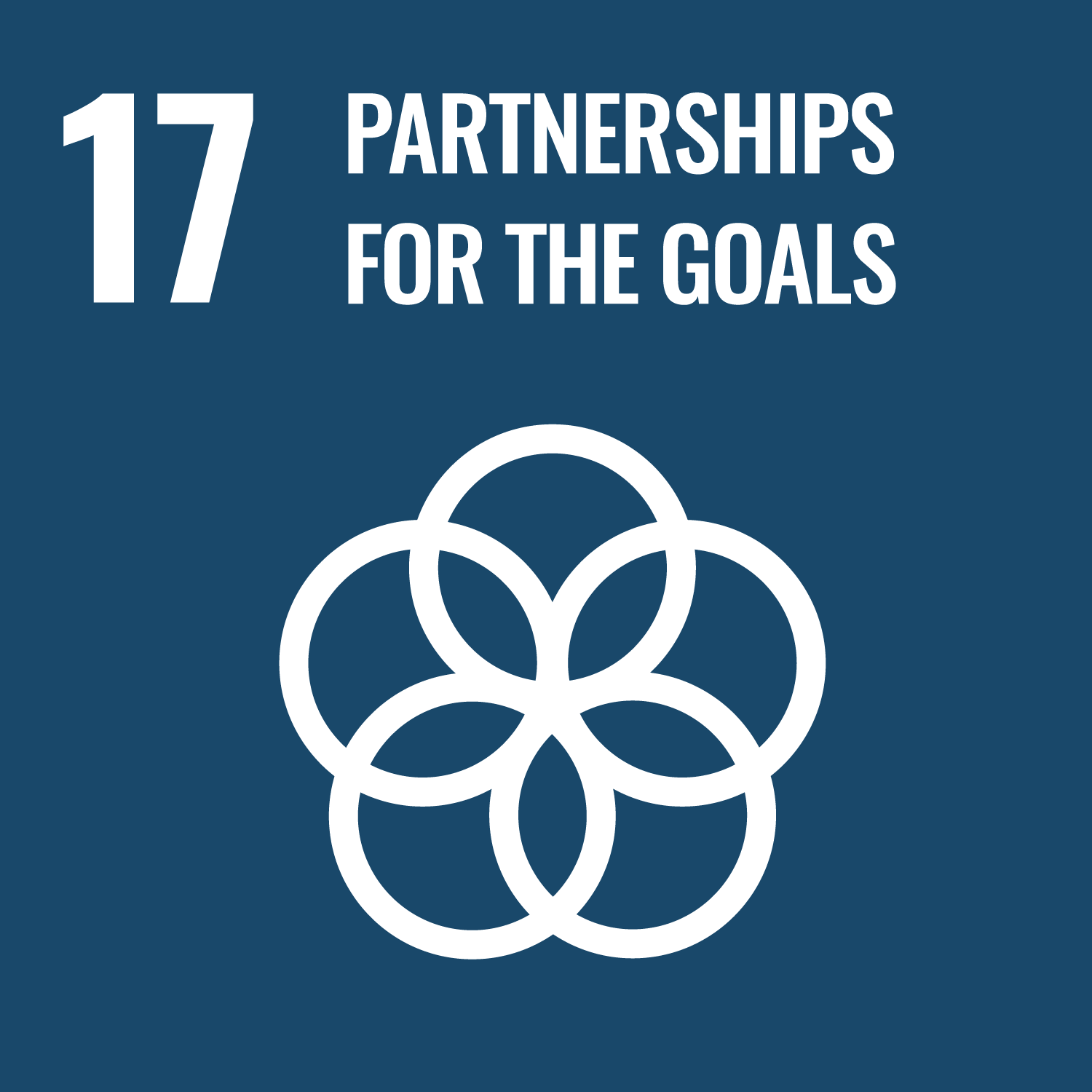ORCID
- Smita Tripathi: 0000-0002-9208-9836
Abstract
This chapter employs the shared leadership model in exploring how leaders of higher education institutions (HEIs) can partner with Public Policy Groups (PPGs) within the Global South, a region characterized by complex challenges such as underdeveloped economies, corrupt leadership, limited financial and human resources, and political instability in some cases. The driving forces for collaboration include interconnected national policies, shared goals, responsibility, and accountability for resources. The Zambian Higher Education Policy (HE policy) draws on national, regional, and global aspirations for education and skills development, making it a suitable tool for advancing a common agenda for social, economic, and environmental sustainability. HEIs can use their collective leadership competencies to understand the multidimensional context in which they must exercise their varied roles. HEIs require relational and dynamic processes, practices, and narratives to negotiate the ups and downs of the complex terrain for sustainable development and drive a more transformative and complementary agenda for change.
DOI Link
Publication Date
2023-12-04
Publication Title
Higher Education for the Sustainable Development Goals: Bridging the Global North and South
Publisher
Emerald Group Publishing Ltd.
ISBN
9781803825267, 9781803825250
Deposit Date
2024-06-19
Additional Links
Keywords
Global South, Higher education, Higher educational institutions, Public policy groups, Shared leadership, Skill development, Sustainable development, Zambia
First Page
99
Last Page
123
Recommended Citation
Kabwe, C., Phiri-Mushibwe, C., & Tripathi, S. (2023) 'The role of shared leadership in realizing SDGs: An exploration of intra-country collaborative work between heis and public policy groups in Zambia', Higher Education for the Sustainable Development Goals: Bridging the Global North and South, , pp. 99-123. Emerald Group Publishing Ltd.: Available at: 10.1108/978-1-80382-525-020231006





